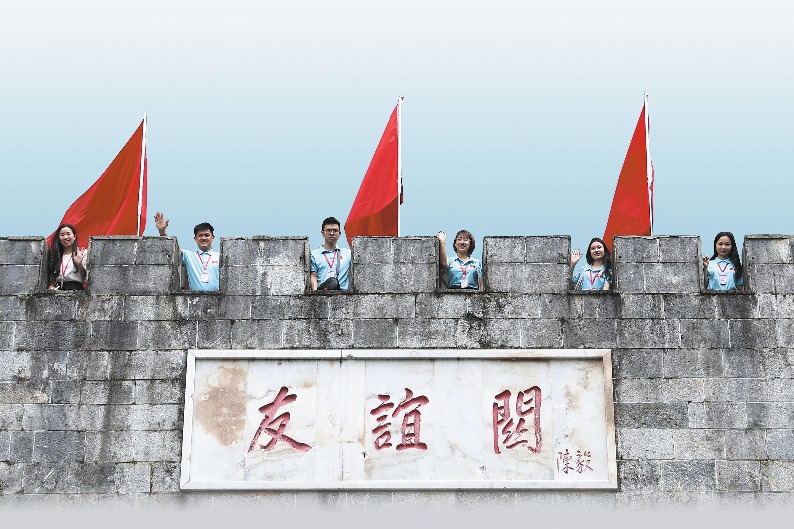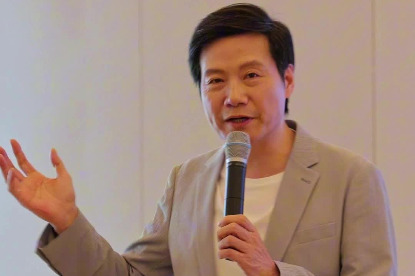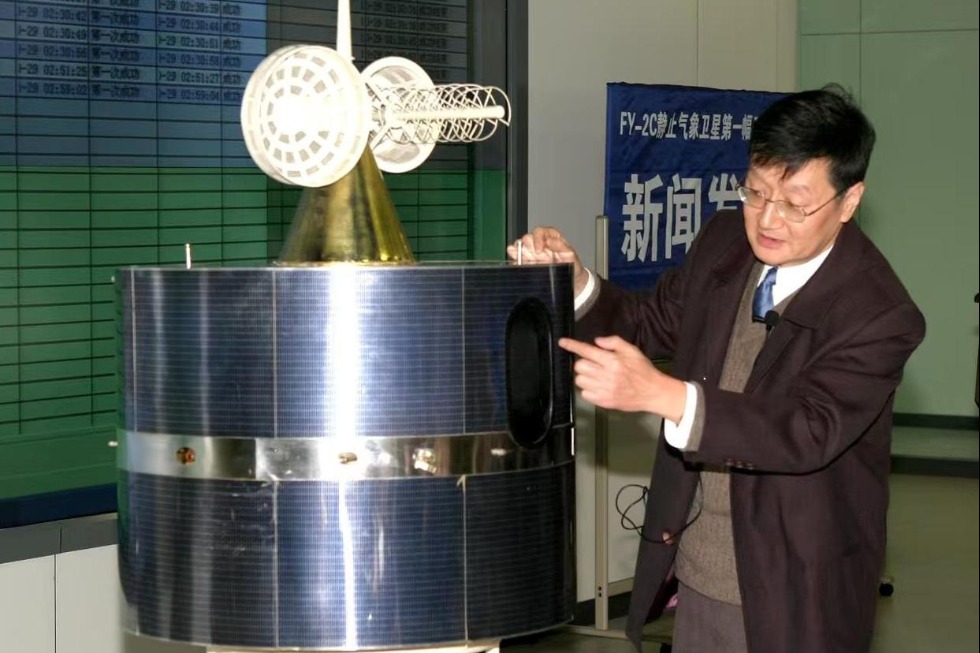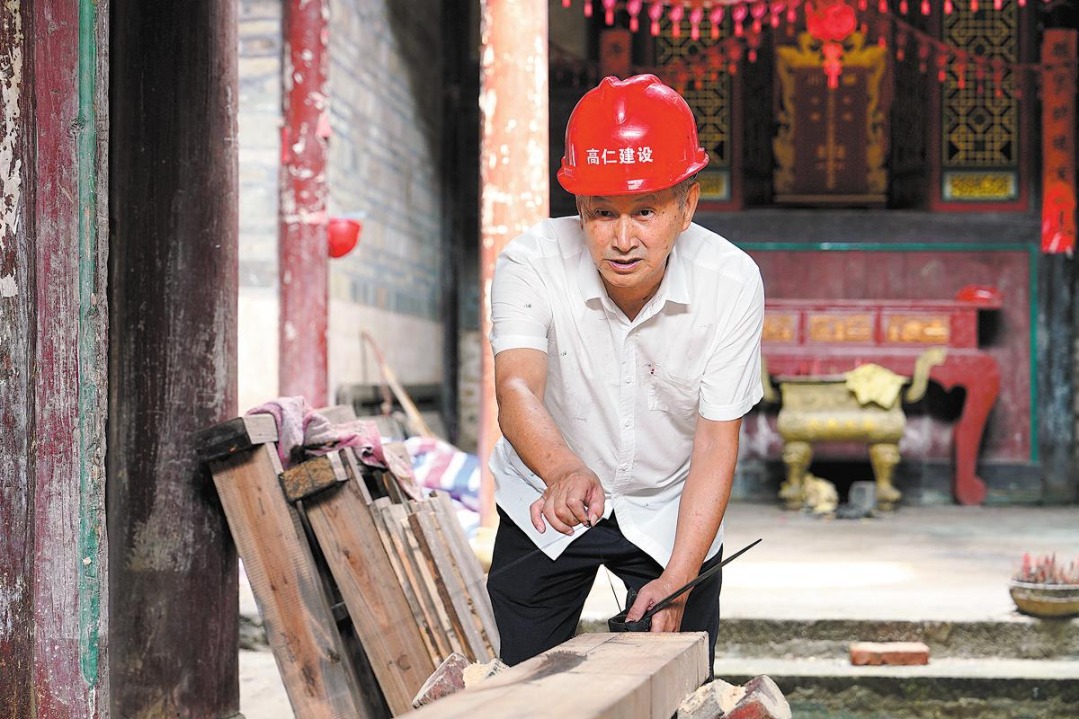Xi Focus-Closeup: A transformative speech that gave rise to Belt and Road Initiative


XI'AN -- The Belt and Road Initiative has been one of the most talked-about buzzwords in international cooperation over the past few years. While many people know that it was proposed by China, few may realize that the concept was first put forward in Central Asia.
In September 2013, during Chinese President Xi Jinping's visit to Kazakhstan, he delivered a speech of far-reaching significance at Nazarbayev University.
In his address, Xi took his audience back to over 2,100 years ago when a Chinese envoy was sent to Central Asia with a mission of peace and friendship and opened a Silk Road that had since taken Chinese silk, tea and porcelain to other parts of the world and brought back spices, glassware, furs, fruits and precious stones.
"Today, as I stand here and look back at that episode of history, I could almost hear the camel bells echoing in the mountains and see the wisp of smoke rising from the desert," Xi said.
Xi's speech did not focus on nostalgia. Instead, he drew inspiration from the successful trade routes of the ancient Silk Road and proposed the idea of building an "economic belt along the Silk Road."
A month later, in Indonesia, Xi proposed the building of the 21st Century Maritime Silk Road, which, combined with the economic belt proposal, eventually became the Belt and Road Initiative.
The initiative promotes opening up and more inclusive growth. Xi believes that further opening up a country leads to greater strength and prosperity.
Over the past decade, 151 countries and 32 international organizations have signed documents under the BRI framework.
The initiative has brought nearly a trillion U.S. dollars of investment, created about 420,000 jobs in countries along its routes, and helped lift nearly 40 million people out of poverty.
Central Asia has great potential to reap benefits from this initiative. The traditional camel caravans have been replaced by modern freight trains that have facilitated trade between China and Central Asian countries.
In 2022, trade between China and five Central Asian countries reached 70 billion dollars. At the end of March 2023, China's direct investment stock in the five countries was over 15 billion dollars.
As part of the BRI, several transnational roads, railways, and oil and gas pipelines have been constructed. During meetings with his Central Asian counterparts, Xi frequently highlighted the progress and future plans for BRI projects.
During his visit to Uzbekistan in 2016, Xi and his Uzbek counterpart took part in inaugurating the 19.2-km Qamchiq Tunnel, the longest railway tunnel in Central Asia.
During Xi's visit to Central Asia in September 2022, an agreement was signed to cooperate on the Kyrgyz section of the China-Kyrgyzstan-Uzbekistan railway, bringing this much-anticipated infrastructure project closer to reality.
The BRI not only enhances connectivity, but also benefits the region in various other ways. For instance, in Kazakhstan, a large wind farm constructed by China supplies electricity to a million households. In Tajikistan, the Luban Workshop provides vocational training to young students seeking skilled employment. In Kyrgyzstan, reservoirs and canals have been built to provide farmers with a stable water supply for their farmland.
"China stands ready to work with Central Asian countries to build on the good momentum and strive shoulder to shoulder to build an even closer China-Central Asia community with a shared future," Xi said at a virtual summit in 2022 to commemorate the 30th anniversary of diplomatic relations between China and Central Asian countries.
In his speech at Nazarbayev University, Xi added a personal touch to the ancient Silk Road reference: "Shaanxi, my home province, is right at the starting point of the ancient Silk Road."
A decade later, Xi invited the leaders of five Central Asian countries to his home province for the China-Central Asia Summit, slated to open on Thursday.
Many experts anticipate that the summit will lay out plans to further revitalize the ancient Silk Road, which once brought significant wealth and prosperity to Central Asia and placed the Eurasian continent's heartland at the forefront of global trade and business.
- Mysterious black marks reveal home of rare monkey
- Chinese, UK youth collaborate for conservation program
- China moves to tackle unfair competition in cyberspace with legal revision
- Nanjing pharma company develops anti-insomnia drug
- Coast guard conducts patrols near Jinmen amid fishing moratorium
- Mainland slams Lai's remarks as separatist, provocative





































